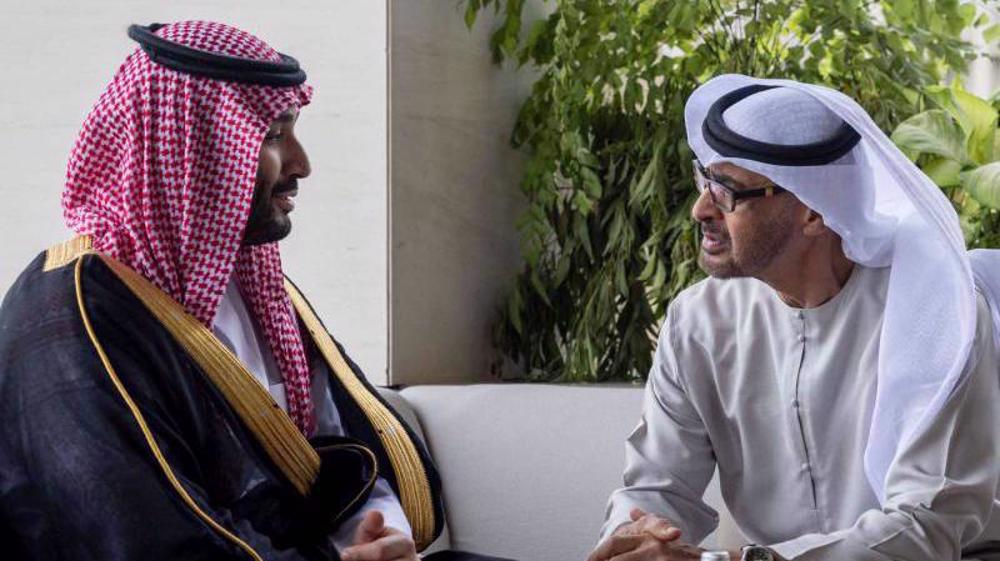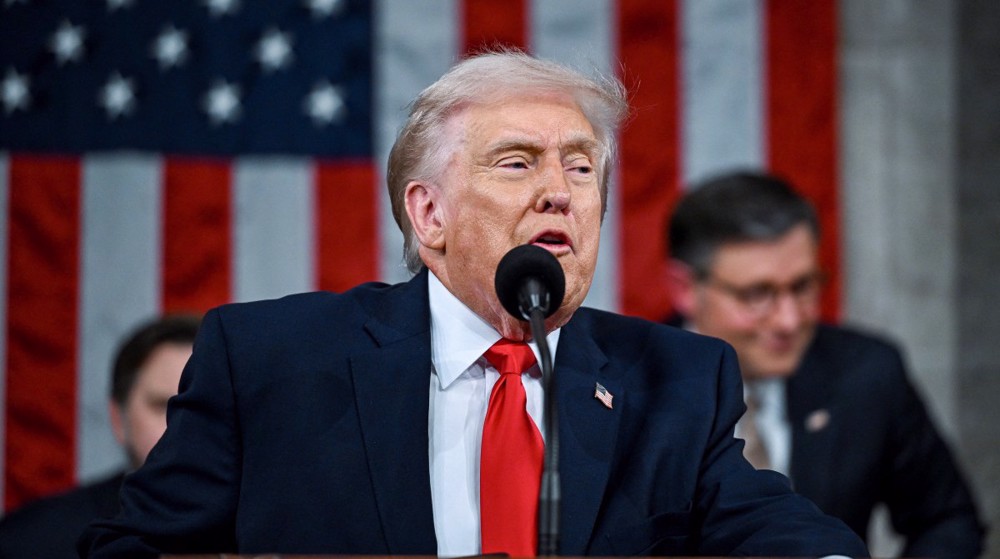Biden administration adopts same hostile China policy as Trump's
The administration of US President Joe Biden appears to be pursuing the same aggressive policy against China as his predecessor Donald Trump, making allegations against Beijing’s purported “expansionist” intentions in East and Southeast Asia and siding with China’s rivals in territorial disputes.
The newly-arrived team at the White House has already underscored support for the US’s allies Japan, South Korea, and the self-ruled Chinese island of Taiwan through multiple calls and statements in just one week, signaling Washington’s rejection of China’s territorial claims in the East and South China Seas.
On Wednesday, Biden told Japanese Prime Minister Yoshihide Suga in a phone call that his administration was committed to defending Japan, including the Senkaku Islands, which are claimed by both Japan and China.
In a telephone call on Saturday, just a day after being confirmed for the post, US Defense Secretary Lloyd Austin told his Japanese counterpart, Nobuo Kishi, that the disputed islands were covered by “Article V of the US-Japan Security Treaty,” and that Washington remained “opposed to any unilateral attempts to change the status quo in the East China Sea.”
According to the article, the US will defend territories “under Japan’s administration” in the event of an armed attack.
Separately, and just three days into the Biden administration, State Department spokesman Ned Price warned China against threatening Taiwan, after Beijing sent more than a dozen military fighter jets and bombers to conduct military drills near the self-ruled Chinese island.
“We will stand with friends and allies to advance our shared prosperity security and values in the Indo-Pacific region — and that includes deepening our ties with democratic Taiwan,” Price said in a statement. “Our commitment to Taiwan is rock-solid.”
Beijing has sovereignty over self-ruled Taiwan, and under the “One China” policy, almost all world countries recognize that sovereignty and are not allowed to have formal relations with the island.
The US, too, recognizes Chinese sovereignty over Taiwan but it has constantly sold weapons to the island over the past years, bypassing Beijing, and avidly backs its secessionist president, Tsai Ing-wen.
Beijing says the US contacts with Taiwan and the weapon sales to the island are a violation of China’s sovereignty.
The Trump administration particularly stepped up military support for Taiwan in recent years, and in its last days in office, it lifted a ban on diplomatic contacts with the self-ruled island.
China also claims sovereignty over nearly the entire South China Sea. The strategic body of water serves as a gateway to global sea routes, through which about 3.4 trillion dollars of trade passes each year. Vietnam, Taiwan, the Philippines, Malaysia, and Brunei have overlapping claims with China to parts of the sea.
The US, which sides with China’s rival claimants in the sea, accuses Beijing of seeking to extend its sphere of influence in the region. China rejects that allegation.
The US routinely sends warships and warplanes to the South China Sea, claiming that it wants to assert what it calls its right to “freedom of navigation.”
The Trump administration previously imposed sanctions against more than 20 Chinese companies for “aiding” China’s maritime claims, as part of a series of last-minute US actions against China.
On Sunday, four days after Biden assumed power, the US aircraft carrier USS Theodore Roosevelt embarked on a so-called “freedom of navigation” mission in the South China Sea.
China has constantly warned Washington against military activities in the sea, saying that potential close military encounters by the air and naval forces of the two countries in the region could easily trigger accidents.
During the past couple of years, the Trump administration also expanded defense cooperation with India, which views China as posing a military threat both on its northern border and in the seas to the south.
Separately on Wednesday, Austin also spoke with his Indian counterpart, Rajnath Singh, in a telephone call.
According to Pentagon spokesman John Kirby, the American defense secretary said that the two countries’ defense partnership was “built upon shared values and a common interest in ensuring the Indo-Pacific region remains free and open.”
A day earlier, Austin had also talked with his Australian counterpart, Linda Reynolds, echoing the same China-directed remarks.
Austin “emphasized the importance of maintaining a free and open Indo-Pacific, founded on existing international law and norms in a region free of malign behavior,” Kirby said.
Under Trump, the US also clashed with China over Hong Kong, trade, and the coronavirus pandemic.
IRGC launches new wave of retaliatory missile strikes on US bases across region
VIDEO | Iranian flotilla returns after BRICS naval drill in S Africa
Iran FM says school massacre in latest Israeli aggression ‘will not go unanswered’
Iran’s retaliatory attack completely destroys sophisticated US radar system in Qatar
US-Israeli aggression violates UN Charter; Iran will defend homeland: Foreign Ministry
US-Israeli 'regime change' project in Iran 'impossible mission': FM Araghchi
IRGC Navy pounds US MST ship with a volley of missiles after Israeli-US aggression
Iran’s retaliatory attacks will continue uninterruptedly: Senior commander













 This makes it easy to access the Press TV website
This makes it easy to access the Press TV website